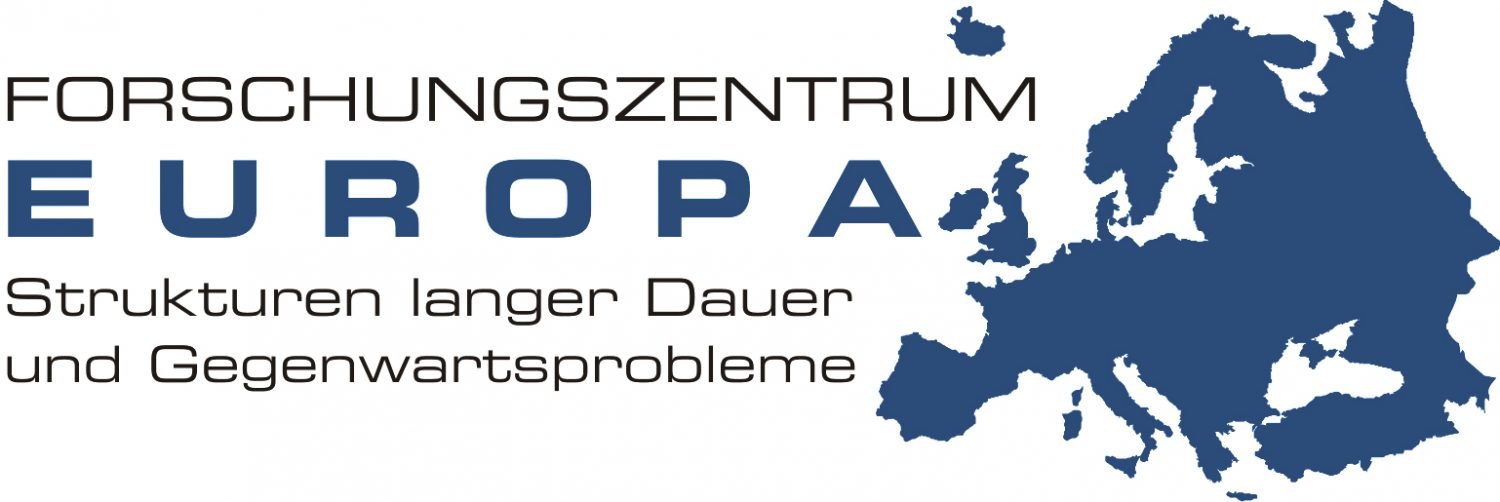Education has been one of the most powerful tools of colonial Canada towards its Aboriginal peoples. While Aboriginals carry the burden of the residential school legacy, the non-Aboriginal society is more and more developing a sense of responsibility towards this population, especially since the publication of the 2015 report by the Truth and Reconciliation Commission.
I am interested in the inclusion of Aboriginal students in the public educational system from the point of view of school governance. My project investigates the interactions – on macro-, meso- and micro- geographic and political levels – between the public educational system and Aboriginals. It focusses on both the educational institutions (Council of Minister of Education Canada, Department of Education in Manitoba, Border Land School Division and schools in Altona, Manitoba) and representatives of Aboriginal communities who aim at involving Aboriginal voices in the development and implementation of public school policies. My research seeks to understand if and how interactions are limited by prevailing dynamic structures and power relations that are disadvantageous to the population group collaboration practices aim to help.
A dual theoretical framework supports the analysis. A postcolonial one addresses the legacy of a colonial relationship structuring the interactions between the actors, while educational governance theories help to frame the approach of the research. I also stress how central it is to decolonize (or indigenize) theories as well as methodologies to avoid perpetuating colonial behaviours.

